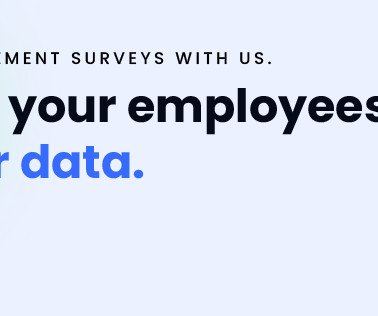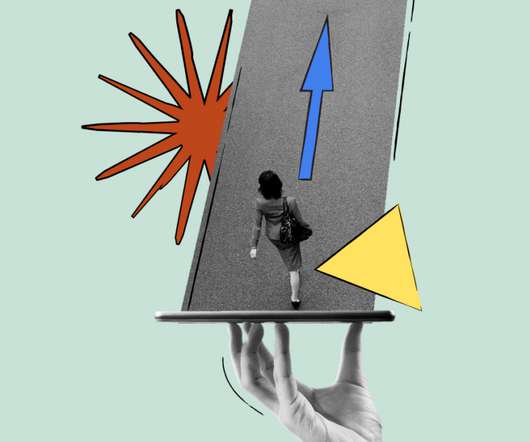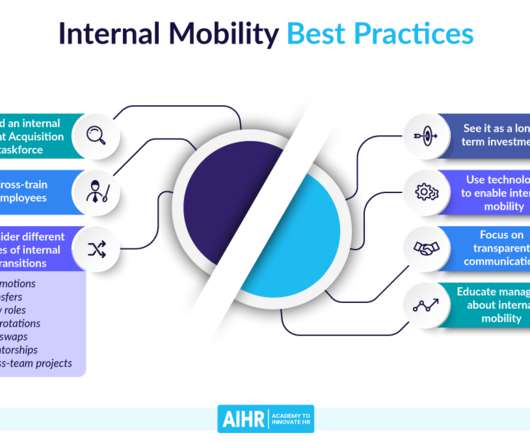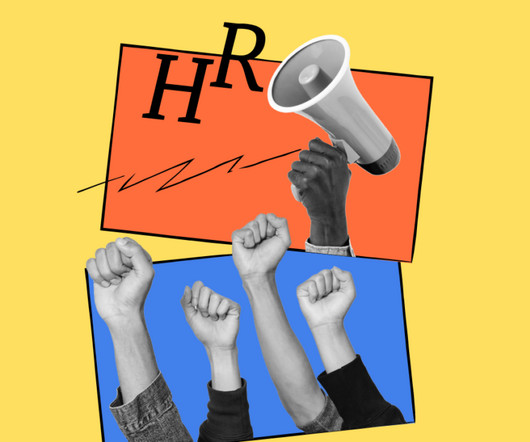CIPHR shares its HR trends for 2022
cipHR
JANUARY 19, 2022
From innovative recruitment to building a skills taxonomy and re-onboarding, HR software provider CIPHR has released its list of top strategic HR trends and predictions for 2022. Many of the trends outlined by CIPHR for the year ahead focus on attracting, retaining, and empowering employees. Social connectivity.






























Let's personalize your content